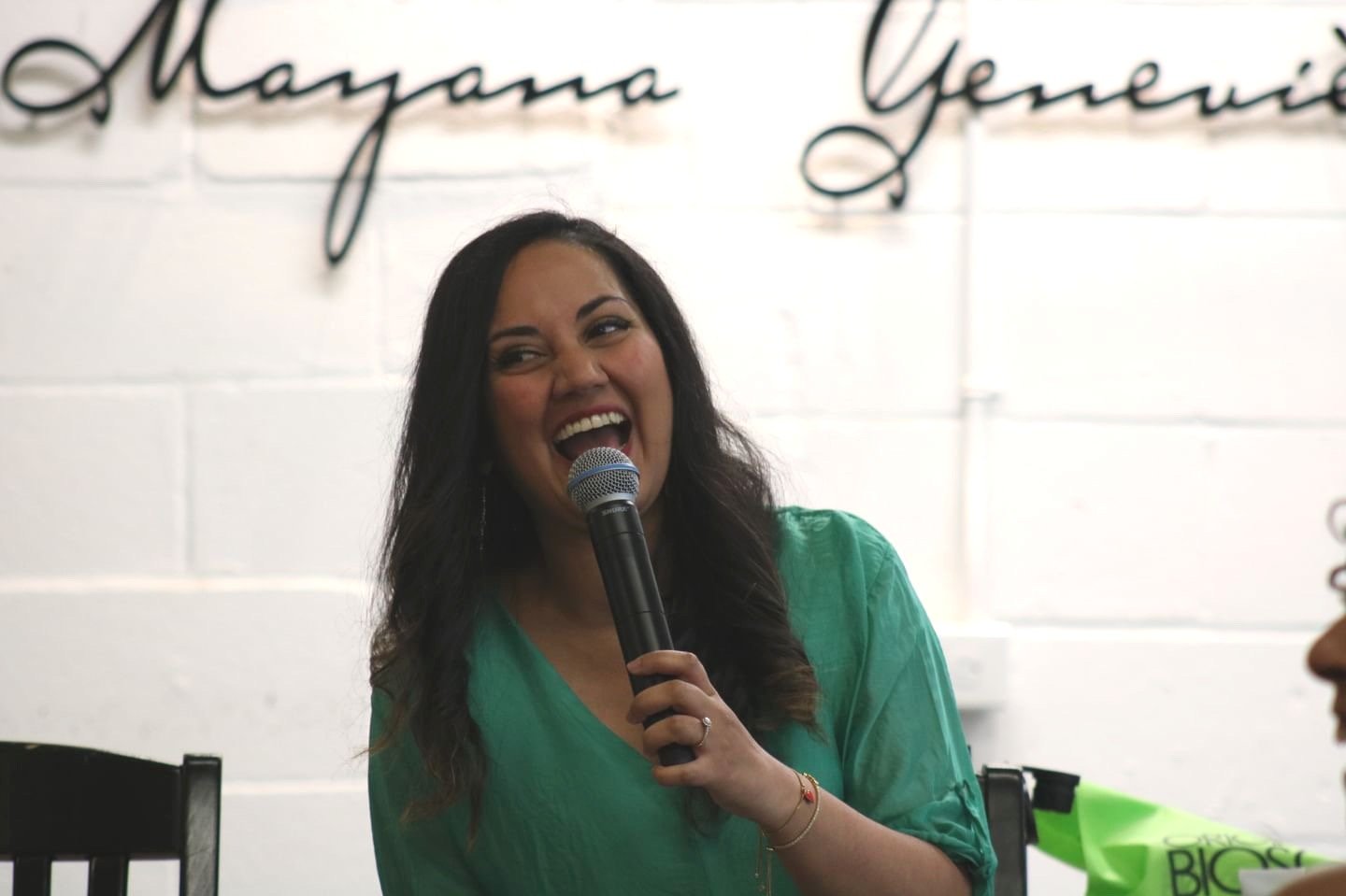What Orson Welles’ War of the Worlds Broadcast tells us about Media Today

Have you heard of Today I Found Out? It’s one of my new favorite YouTube channels, and the folks there put out great content 6–7 times a week. They are great videos about a wide variety of topics from history, to medicine, to science fiction. Today I came across this one, called The War of the Worlds Mass Panic (That Never Happened):
https://medium.com/media/954edcc52dca21819a9c1355af6e08d5/href
I encourage you to watch the video because it’s great, but I’ll provide some background info.
The War of the Worlds Mass Panic
In 1938, Orson Welles did a radio dramatization of H.G. Wells’ popular book, The War of the Worlds, where beings from Mars come to Earth and promptly attack us. You can listen to the broadcast here.
What made it interesting was that it wasn’t just a reading of the book over the radio. It was reworked as a series of news broadcasts, reporting as if the attack was happening in real time. Interesting stuff! The story today is the broadcast was so believable that it caused mass hysteria because people tuning in thought we really were being attacked by Mars. Here’s the front page from the NY Times the day after the broadcast:

Pretty wild right? Who would ever believe something just because they heard about it on new media (more on this later!).
The Mass Panic Never Happened
As you may have guessed from the title of the video, the mass panic never happened. Most people knew it was fiction and the broadcast actually mentioned it was a few times throughout.
While a few people did call the NJ police department (New Jersey is where the broadcast took place), there was not chaos in the streets and no one was hurt. The video also points out that ratings for the live show weren’t even that good. So what happened?
The Newspapers Lied
The newspaper industry had quite a bone to pick with the new medium of radio.
That’s right! The newspapers had a bias and used this opportunity to slander radio. Here’s a quote by the NY Times about radio:

The video also points out that using words like “War” and “Terror” would sell more papers. Clickbait, before clicks.
It makes sense, in a way. Newspapers were trying to get a leg up over radio because it was new and sexy and taking away advertisers. This part really resonated with me because we see the same exact patterns in news today, almost 100 years later. But it was something else that really caught my attention.
Orson Welles’ Opinion About Radio & Television

The above screenshot is a partial quote from Orson Welles about how the general public treated radio and TV. I want to call out this part:
…but when the radio came, and I suppose now television, anything that came through that new machine was believed.
Sound familiar? We treat radio and TV news the same way folks in the mid-1900s treated newspapers, and we treat Social Media as they treated radio and TV: anything that comes through is to be believed.
Both groups have some justification right? With radio and TV, not just anyone could get onto it, so 1930s you would assume the information is vetted & therefore true. Today, we feel social media gives us a first hand account of what’s happening, and there is no source better than a primary source.
The end of that quote is pretty great too:
We wanted people to understand that …they shouldn’t swallow everything that came through the tap…
The Lesson: Not too much changes, and we can learn a lot from historical perspective
It’s really easy to say what’s happening now is “unprecedented” and that the type of backlash we’re seeing on social media is brand new — that Fake News is more rampant today than it’s ever been.
But here’s a fantastic example of newspapers perpetuating false news for their own gain, and a commentary on how people consumed the new media of the day.
I talked in a previous post about how we can combat Fake News. I think we should also take what Welles said to heart. Don’t swallow everything that comes through the tap. Don’t believe everything you read, whether you want to or not.
What Orson Welles’ War of the Worlds Broadcast tells us about Media Today was originally published in Thoughts from Joe Casabona on Medium, where people are continuing the conversation by highlighting and responding to this story.

